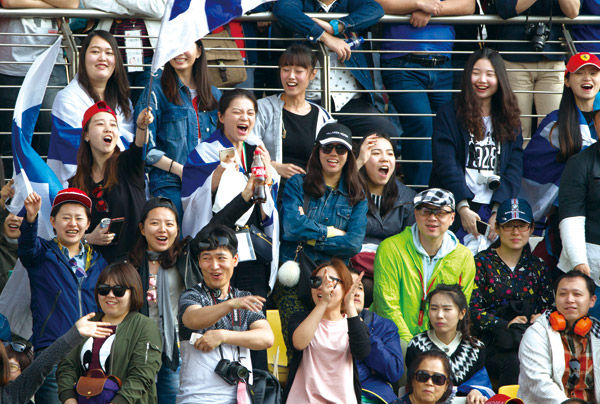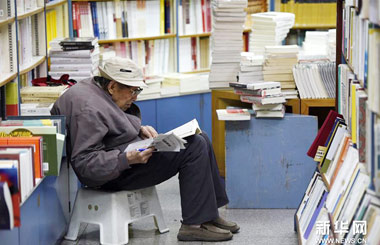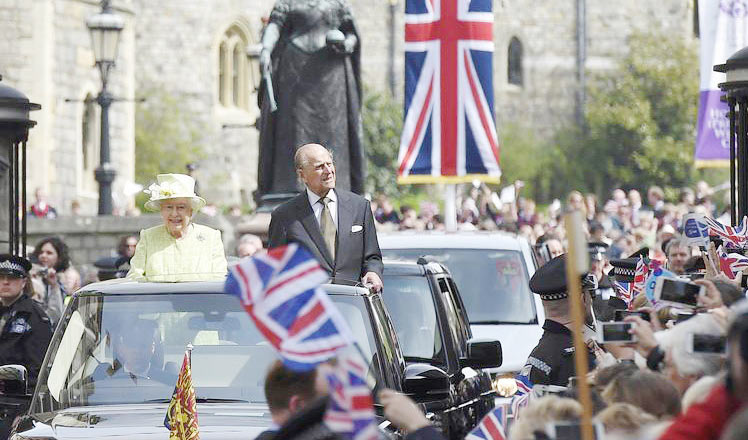Shanghai F1: A glass half full or half empty?
Updated: 2016-04-23 02:52
By Alywin Chew in Shanghai(China Daily USA)
|
||||||||
 |
|
Ferrari driver Sebastian Vettel called Chinese fans "the best in the world". photos by gao erqiang / china daily |
F1 stuck in a jam
On the other hand, critics have said that motor sports have never really taken off in China and the declining crowd numbers are a result of the current marketing efforts, or lack thereof.
Robin Goh, head of strategic marketing at creative agency 180China, said that research on consumers' online search patterns has revealed how a large percentage of Chinese people are actually more interested in the F1 personalities — Lewis Hamilton ranks as the top — than the sport itself.
Goh, who has been to three editions of the Shanghai Grand Prix, was also critical of the promotional efforts in recent years, saying that more can be done to improve the visibility of the race across Shanghai.
"From a marketing perspective, the F1 in Shanghai has just been poorly marketed. There's just so little visibility and you don't feel the buzz in the weeks leading up to the event. For the Grand Prix in Singapore, many of the places in the downtown areas are filled with F1 posters and events," said Goh.
Even Elsden pointed out how the Chinese could take a leaf out of the book of their South-east Asian counterparts.
"There's definitely more that can be done and they can take a lot of inspiration from Singapore who turn the Grand Prix into a full week of events. The lack of visibility can also be attributed to the digital efforts from F1 itself," said Elsden, who pointed out that the F1 China Weibo account has only around 89,000 followers, far behind other sporting competitors such as the NBA, which boasts a massive 31 million fans.
Industry experts such as Mark Dreyer, founder of China Sports Insider, noted that another problem F1 faces is local culture sensitives — how the sport is closely associated with wealth and elitism.
"F1's glamorous image hasn't always been well regarded by the authorities, with fast cars more reminiscent of rich kids and corruption than genuine sporting prowess, and admittedly the government is currently keener to promote ‘everyman' sports like soccer than those like F1, which are more towards the ‘elitist' end of the scale," said Dreyer.
The topic on who should be responsible for promoting F1 in China is another contentious issue. While many believe that it is the local government and its promoters who stand to lose the most if the event is poorly promoted — after all, they need to recoup the annual hosting fee of around $35 million per year — some have criticized F1 for not doing their part.
"Historically, F1 has been very arrogant about its place in the world, with many in F1 expecting to simply turn up in new markets such as China and have millions of new hardcore fans. That simply doesn't happen," said Dreyer.
"Instead of just relying on the local organizers, F1 should be doing more to engage the locals. This is their brand. They need to be in charge of promoting it. There needs to be ownership," added Goh.
- China to ratify Paris Agreement before September
- Canadian PM Trudeau slips from political ring to boxing ring
- Japanese lawmakers visit war-linked Yasukuni Shrine en masse
- Palestinian residents of Gaza Strip face growing water shortage
- Delayed Yemen peace talks begin in Kuwait
- Cuba, US agree to deepen cultural cooperation

 In pics: Top 10 richest cities in China
In pics: Top 10 richest cities in China
 Readers at a 24-hour bookstore in Beijing
Readers at a 24-hour bookstore in Beijing
 Flame for Rio Olympics lit in ancient Greek ruins
Flame for Rio Olympics lit in ancient Greek ruins
 Britain's Queen Elizabeth II celebrates 90th birthday
Britain's Queen Elizabeth II celebrates 90th birthday
 Former NBA star Stephon Marbury's life in Beijing
Former NBA star Stephon Marbury's life in Beijing A 75-year-old kite runner in west China's Shannxi
A 75-year-old kite runner in west China's Shannxi
 $2 million hyper car crash in east China's Zhejiang province
$2 million hyper car crash in east China's Zhejiang province
 Little champ: Four-year-old roller skates on cliff
Little champ: Four-year-old roller skates on cliff
Most Viewed
Editor's Picks

|

|

|

|

|

|
Today's Top News
Liang avoids jail in shooting death
China's finance minister addresses ratings downgrade
Duke alumni visit Chinese Embassy
Marriott unlikely to top Anbang offer for Starwood: Observers
Chinese biopharma debuts on Nasdaq
What ends Jeb Bush's White House hopes
Investigation for Nicolas's campaign
Will US-ASEAN meeting be good for region?
US Weekly

|

|







